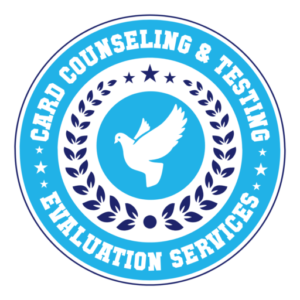Frequently asked questions
For your convenience, here are some frequently asked questions from clients and our answers. If you have any other questions or concerns please feel free to contact us.
Choosing the right therapy can be a challenging and confusing process. There are many different types of therapy, and each person has unique needs and preferences. Some factors to consider when choosing a therapy include the specific issues or problems you are dealing with, your personal goals and objectives, your comfort level with different therapeutic approaches, and your availability and ability to commit to regular therapy sessions. It can also be helpful to consult with a mental health professional, such as a therapist or counselor, who can provide guidance and recommendations based on your individual circumstances. Ultimately, the best therapy for you is one that addresses your specific needs and helps you achieve your goals in a way that feels comfortable and supportive.
Deciding whether to try therapy is a personal decision that depends on a number of factors, including your mental and emotional health, your personal goals and objectives, and your willingness and ability to commit to regular therapy sessions. Therapy can be helpful for a wide range of mental and emotional health issues, including depression, anxiety, stress, trauma, relationship problems, and many others. If you are experiencing distress or difficulty in your life that is impacting your well-being, it may be worth considering therapy as a way to improve your mental health and overall quality of life. Consulting with a mental health professional can also be helpful in determining if therapy is right for you.
Individual therapy plans for behavioral disorders are treatment programs that are designed to help individuals with behavioral disorders, such as ADHD or oppositional defiant disorder, manage their symptoms and improve their overall functioning. These plans typically involve a combination of therapy, medication, and other interventions, and are tailored to the specific needs and goals of each individual.
How many sessions does one require for psychotherapy to be effective? The number of recommended sessions varies by condition and treatment type, however, the majority of psychotherapy clients report feeling better after 3 months; those with depression and anxiety experience significant improvement after short and longer time frames, 1-2 months & 3-4.
You know your child better than anyone, and you can most certainly spot when something isn’t quite right. If you notice a regression in your child, it’s time to get them some help.
If your child is experiencing frequent temper tantrums or becoming more anxious and fearful than usual, it may be time for a checkup with a professional counselor who can help you determine whether or not therapy is necessary for your child’s specific needs.
Fees are determined on a case-by-case basis. Fees may vary depending on the severity of your issue and the length of the treatment plan.
You will know what your fee is before you start treatment with us, so there are no surprises.
We accept Cigna, Aetna, Self-Pay, Payment Plan, and Credit cards.

